Vasudeva listened with great attention. It was one of the ferryman’s greatest virtues that, like few people, he knew how to listen … the speaker felt that Vasudeva took in every word, quietly, expectantly, that he missed nothing … He did not await anything with impatience and gave neither praise nor blame–he only listened … Siddhartha felt how wonderful it was to have such a listener who could be absorbed in another’s life … [Herman Hesse, Siddartha]
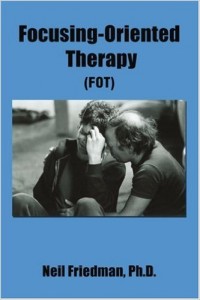
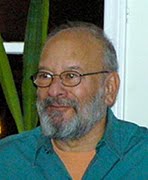 So begins Chapter Five: Listening from Neil Friedman’s 2007 book entitled, Focusing-Oriented Therapy (FOT) (pp. 67-92), which was essentially an updated version of an article originally published in 2005 by the Journal of Humanistic Psychology.
So begins Chapter Five: Listening from Neil Friedman’s 2007 book entitled, Focusing-Oriented Therapy (FOT) (pp. 67-92), which was essentially an updated version of an article originally published in 2005 by the Journal of Humanistic Psychology.
Friedman then continued in his own words:
Therapists listen. Many of us listen well. Some of us–including myself–do not listen as well as we think we do. There is a special form of listening — experiential listening — that can help us all be more effective listeners.
Neil Friedman (1940-2008) had learned Focusing in the early days with Eugene Gendlin. He was a prolific writer of Focusing – authoring ten books and numerous published papers in various professional journals. He spent much of his life, living and breathing Focusing as a way of being…and in his work as a psychotherapist and Certifying Focusing Coordinator and Trainer.
Throughout the rest of his wonderfully personable, self-effacing yet knowledgeable text, Neil offered many lessons and examples of experiential listening with the goal of helping “us all” [i.e., therapists] become more effective listeners. Neil had written primarily for an audience of his peers – his fellow psychotherapists.
As much as I longed to use his article as a teaching tool with my own Focusing students–the vast majority of whom are not mental health professionals–I was concerned about the lack of distinction between examples of “peer” listening and more advanced or therapeutic listening. In addition, I have also observed in my teaching that “advanced listening” professionals (e.g., therapists and/or coaches) often need to acknowledge the cognitive dissonance of learning this new set of experiential listening skills.
As a result, I found myself wanting to adapt Neil’s wonderful discussion of experiential listening to better meet the needs of a lay audience of peer listeners. Unfortunately, since Neil is no longer living, it was not possible to obtain his permission to revise his work. Instead, I spoke with people close to Neil, who assured me that he would be happy with the carrying forward and adaptation of his work, as long as the credit for his original work and words were acknowledged and carried forward.
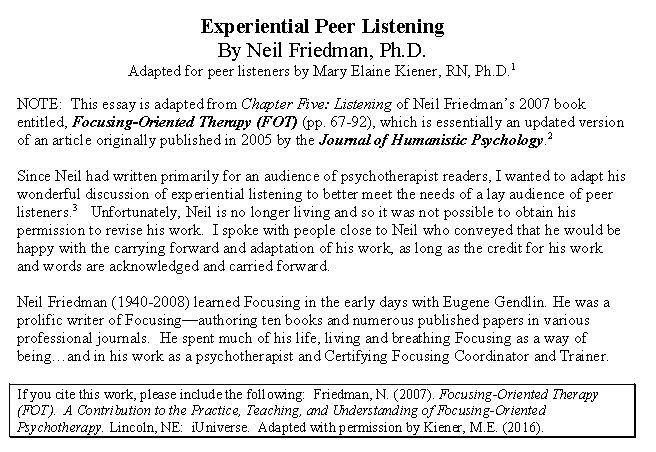 In that spirit, I am delighted to share my adaptation of his work–simply fill out the form below.
In that spirit, I am delighted to share my adaptation of his work–simply fill out the form below.
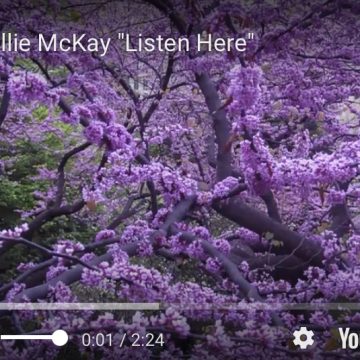

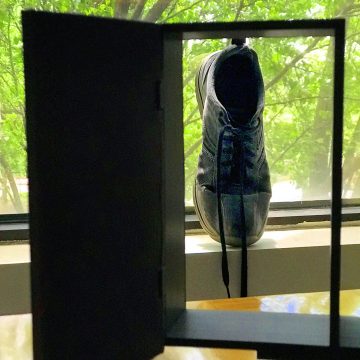

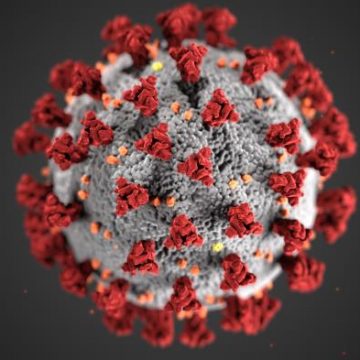
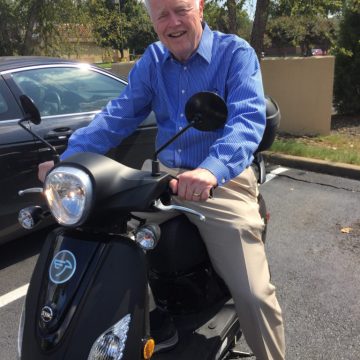
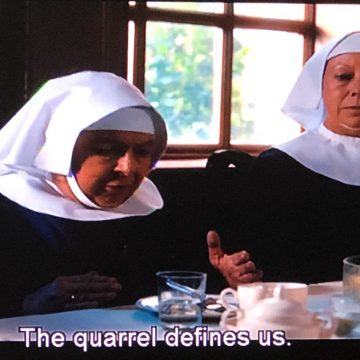

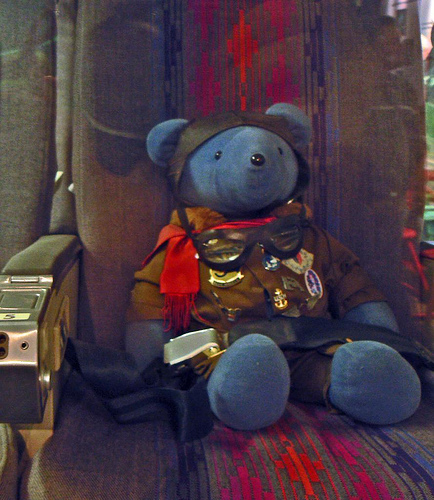
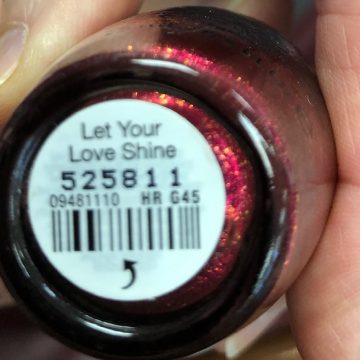
Eager to receive this article — thanks!
Gisela – Thanks for your interest! Eager to hear your thoughts.